Tracheostomy expert Vinciya Pandian stretches limits on care, on education, on cooperation, and on expectations
As a practitioner, an educator, and a researcher, Vinciya Pandian—assistant dean for immersive learning and digital innovation at the Johns Hopkins School of Nursing—has seen and studied tracheostomy from every angle but prone herself in a hospital bed.
Her calling wasn’t subtle. In fact, it was a sound that drove others away.
In the early 2000s, Pandian took a job as a pulmonary nurse practitioner on a stepdown unit. There, she was exposed not only to patients having undergone intubation due to accident or illness (many waking up to a difficult surprise), but to the reactions of staff nurses to these individuals.
Tracheostomy care takes a certain type of nurse. It is tricky. Minor errors can be catastrophic, causing a patient to “code.” And the sounds made when suctioning the airways of these mechanically-ventilated individuals can be disturbing to the sensitive or inexperienced. “The nurses were afraid of dealing with these patients and avoided them,” Pandian explains. “So they were not getting the proper care.”
Pandian spotted an opportunity to lead and grow as a nurse. She decided to make herself an expert, no matter what it took. Then, she would teach the others. She took the lead not only in caring for the intubated patients but helping to establish training and hospital policy to address the issue permanently.
She decided to make herself an expert, no matter what it took.
Today, Pandian, with PhD, MBA, MSN, ACNP-BC, FAANP, and FAAN credentials, among others, has helped write the rules and set the standards in tracheostomy care, earning her standing as a global authority in these lifesaving interventions. She focuses on education to decrease caregivers’ and family members’ fears or hesitancy in order to give mechanically ventilated individuals the best hope of finding a new normal—making the most of every breath they’ve been given back—and developing tools to measure their quality of life and improve communication.
Contributions during the COVID pandemic, in which intubation has saved many thousands of the sick, have only cemented Pandian’s status as a researcher and caregiver. It’s extremely impressive, and almost as unlikely.
In the traditional, conservative community in India where Pandian grew up, a girl had precious little say in her future. Women are subservient, down to opening the car door for a man on outings, for instance. Daughters are packaged off into arranged marriages for the price of a proper dowry.
Pandian acquiesced to the norms of her community. Mostly. “It’s my rebellious nature,” Pandian explains. “Whenever someone said I couldn’t do something, I would push myself to show them up.”
For instance, when her father insisted she apply to medical school rather than pursue nursing (a field considered lowly in India), she simply applied to nursing school at the same time and was accepted into both. When the medical school gatekeeper demanded a bribe of 5 million rupees, a sum her dad did not have, Pandian began the nursing journey she preferred at Christian Medical College in Vellore, India.
(A year later, having sold off a rice paddy field, her father asked, “Do you want to try again?” Not for any amount of rupees.)
I was a runaway bride,” she laughs. “I wanted to go after
my dreams, to control my own destiny.
Likewise, Pandian worked to game the arranged marriage system, if just a little. Four suitors met her father’s criteria. She dismissed the first two, who would demand that Pandian stop working. Tricked by her father into a meeting with a third unsuitable man, she snuck out of the home and disappeared. “I was a runaway bride,” she laughs. “I wanted to go after my dreams, to control my own destiny.”
The fourth proposal came from a man who had moved to the United States from India at age 4. Pandian pinned her hopes on the notion that a guy exposed to American norms might be more enlightened about women. They met in person, spoke openly about the “predicament” of arranged marriage for both sides, spent months “building trust” through international phone conversations, married in 1998, and have made the arrangement work.
Today, the couple have a 15-year-old son and Pandian is associate director of the Doctor of Nursing Practice-Executive program and director of the Research Honors program at JHSON, is a tireless mentor to high school and college students interested in research, and has served as a director of practice, education, and research for the Johns Hopkins Airway Program that includes the multidisciplinary Tracheostomy and Difficult Airway Response Team programs. Pandian is editor of the Journal of Clinical Nursing, president of the Society of Otorhinolaryngology and Head-Neck Nurses and Ear, Nose, and Throat Nursing Foundation, and vice president of the Nu Beta Chapter of Sigma Theta Tau International.
[Pandian has also spearheaded the development of a space nursing program at JHSON. Learn more about that here.]
The only thing Pandian’s unqualified for, apparently? Saying no to more work: Through years of practice, education, collaboration, protocol-writing, research, team-building, and administrative leadership, Pandian established herself as the go-to on “the whole package” of tracheostomy care—hence the MBA. So, she says, “Everybody called, at every hour of the day.” As rewarding as that was, it was equally exhausting.
Pandian credits former Executive Vice Dean Marie Nolan, PhD, MPH, RN, FAAN, with helping her set boundaries and establish a place at JHSON where Pandian could be THE expert and expand on her research, but maintain her energy and enthusiasm while instilling similar drive into her nursing students as an associate professor.
Her quality of life affirmed, Pandian is back to improving it in measurable (and immeasurable) ways for tracheostomy patients and their families.

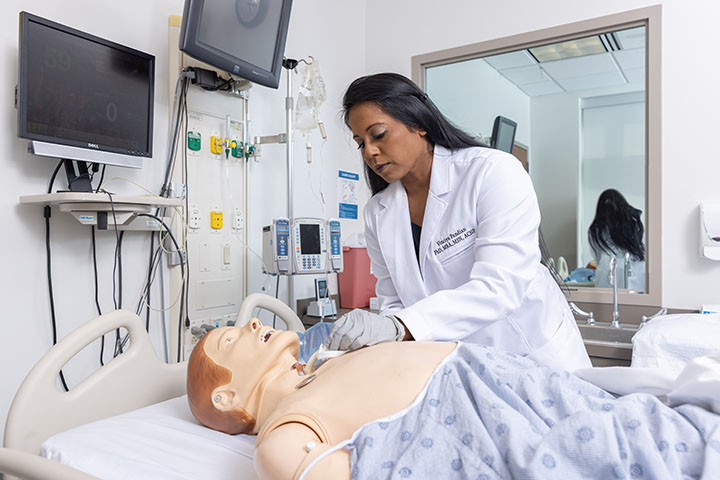
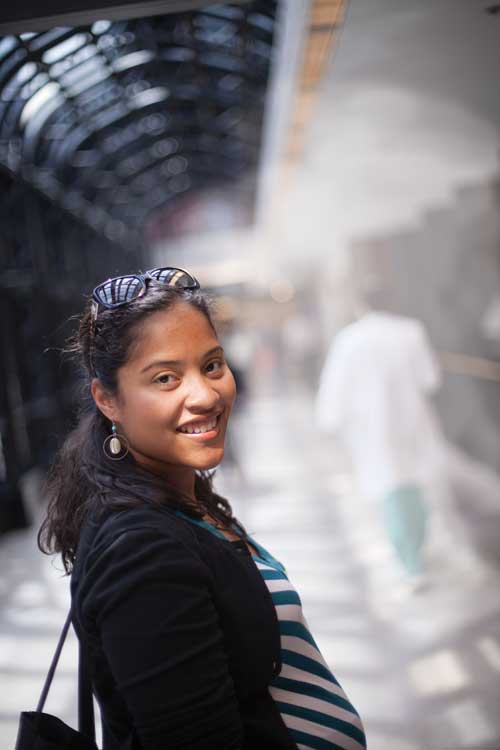 An Ambassador of Nursing
An Ambassador of Nursing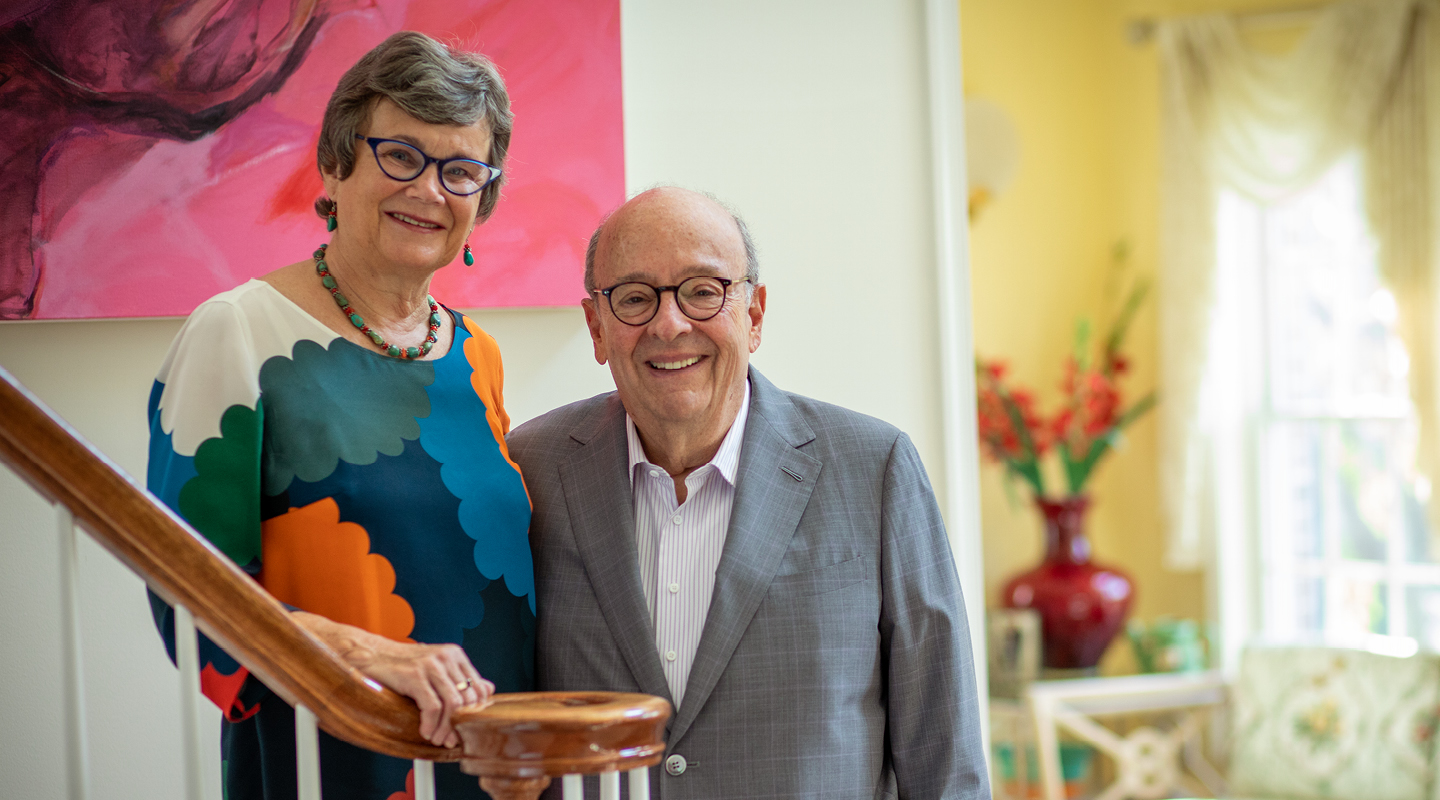 Comfort in Sharing
Comfort in Sharing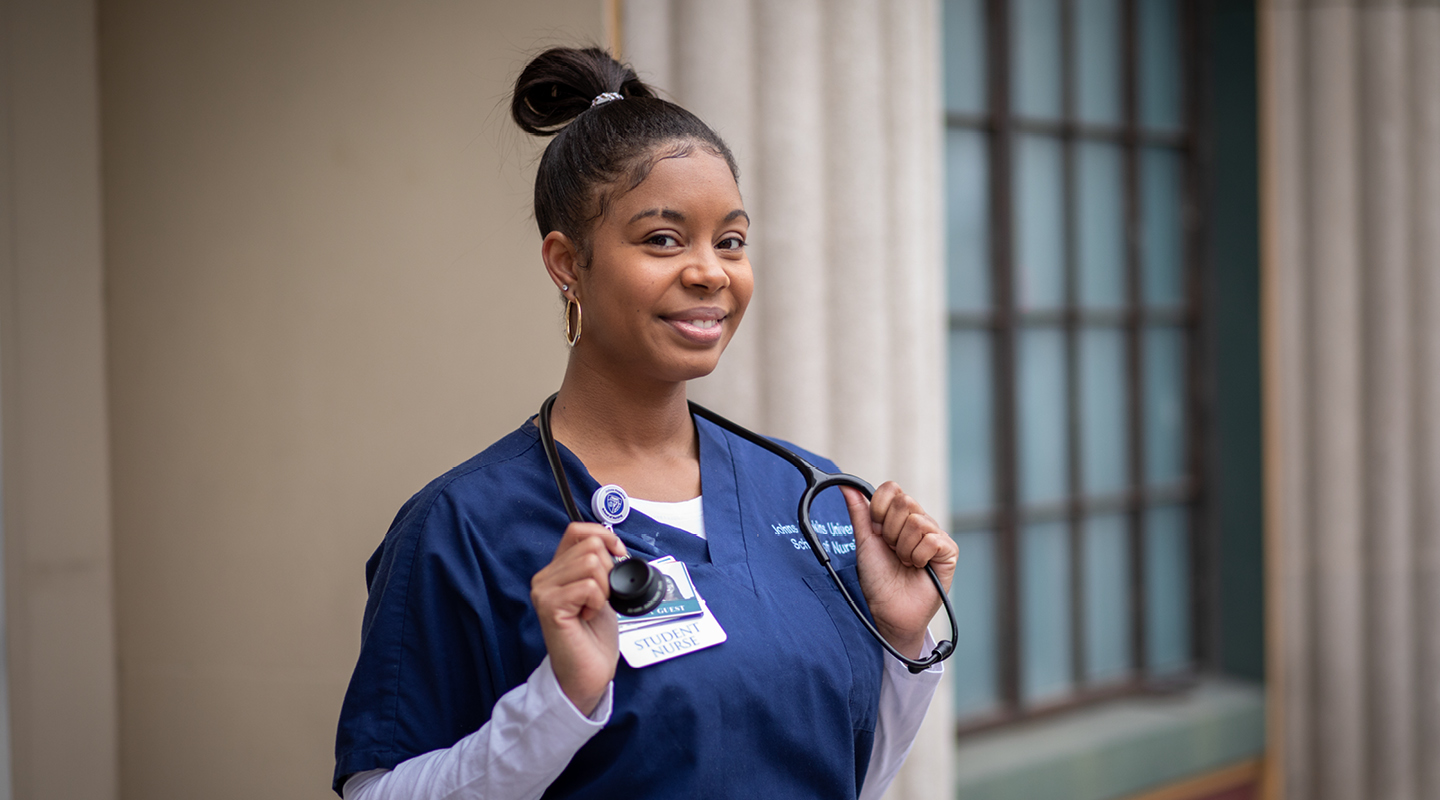 Take-Charge Nurse
Take-Charge Nurse Deb Baker: Reflections of a CNO during COVID-19
Deb Baker: Reflections of a CNO during COVID-19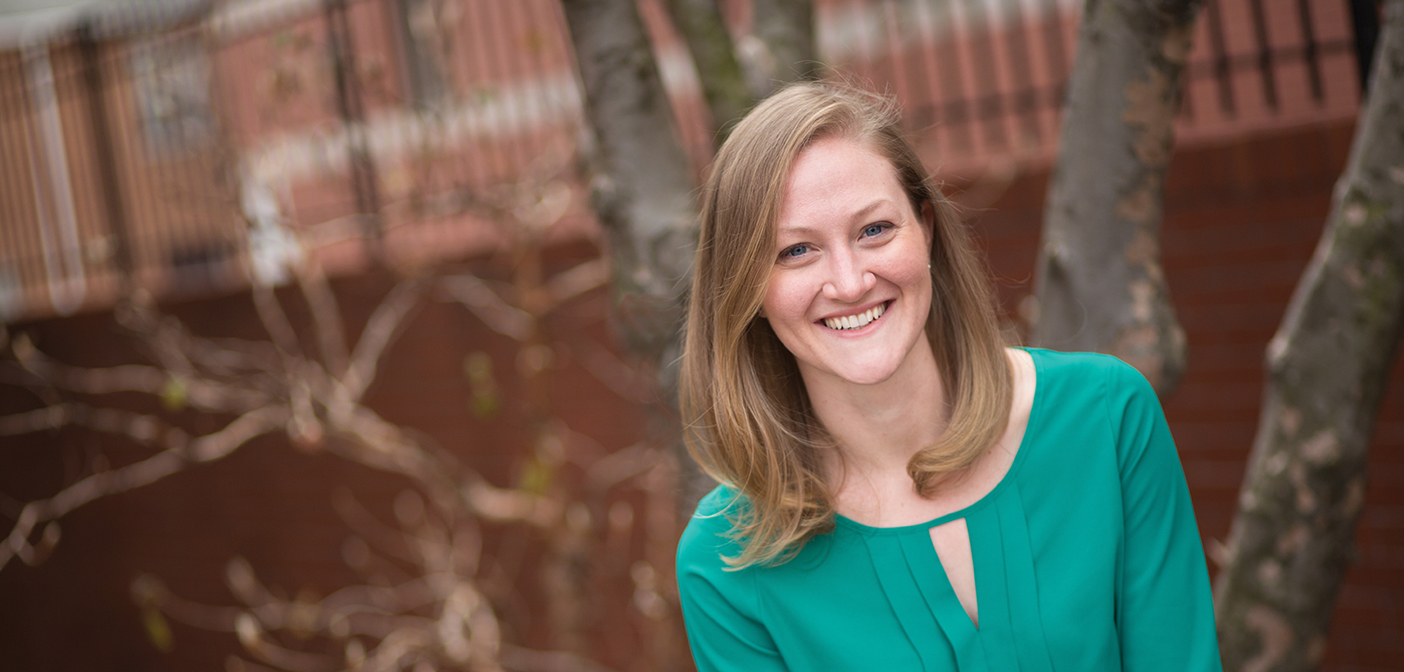 Choose Alternate Route
Choose Alternate Route







